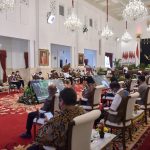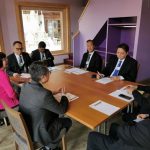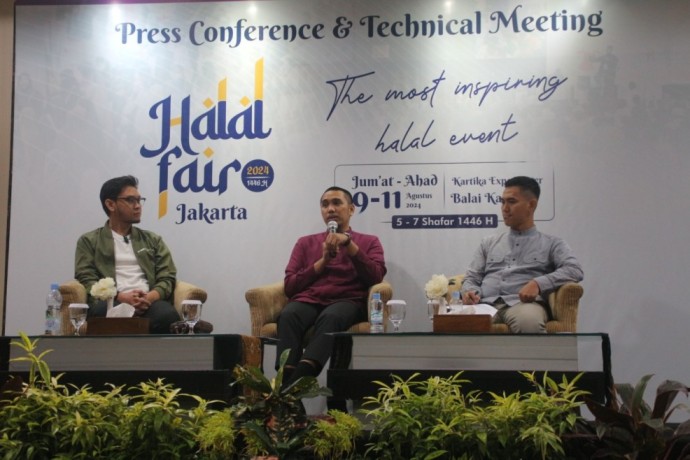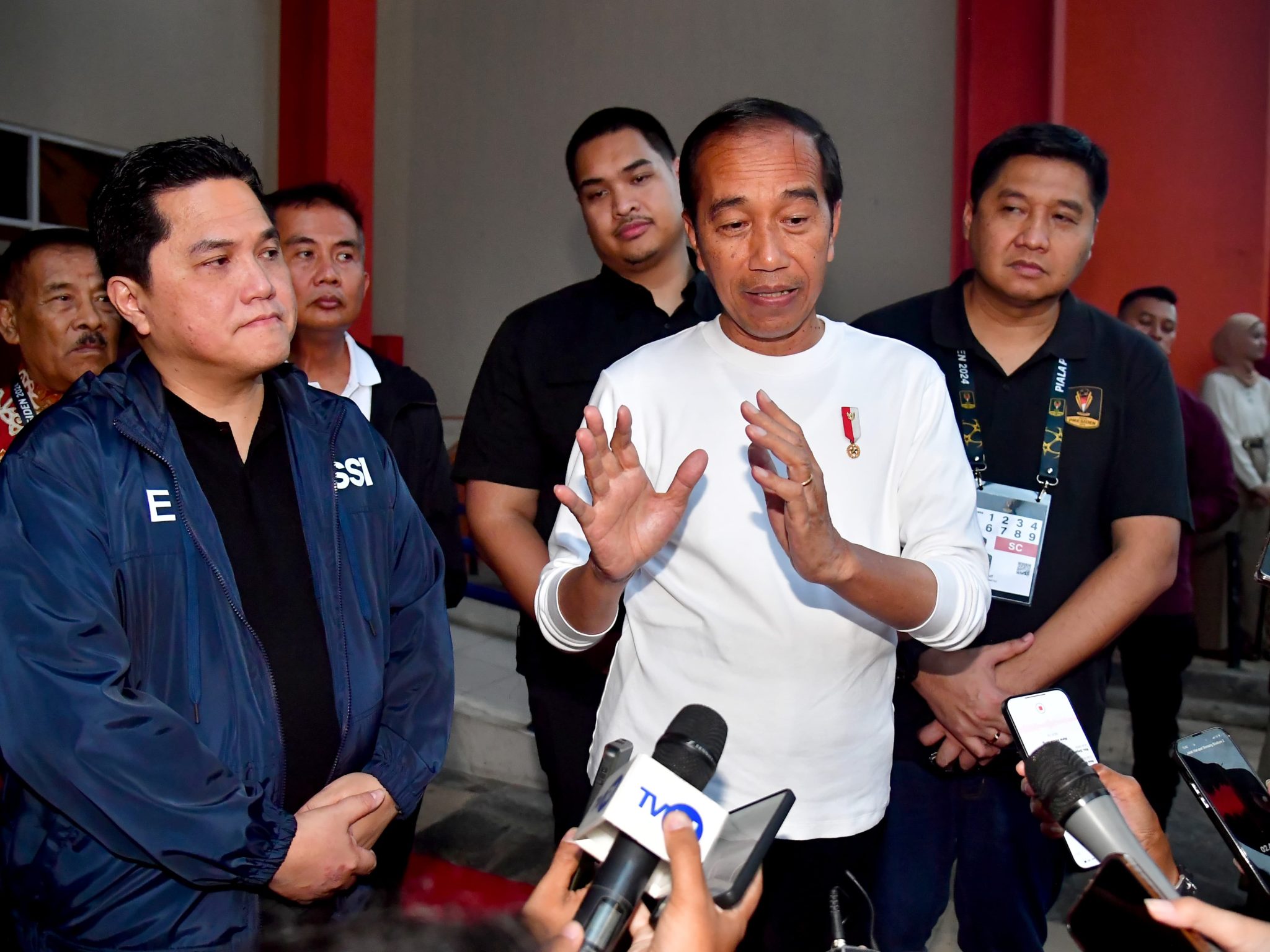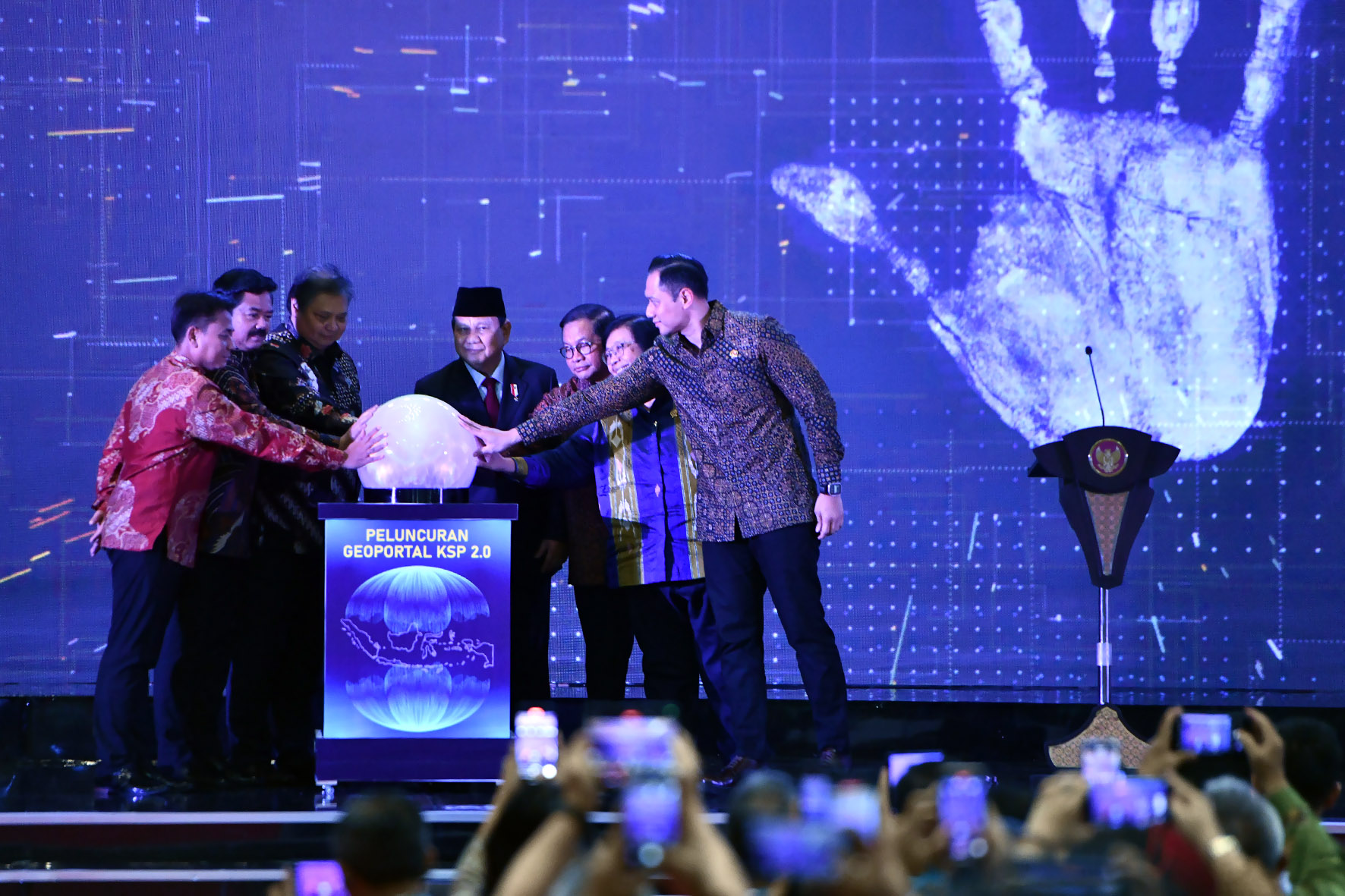Implementation of IK-CEPA expected to expand Indonesia-Korea trade
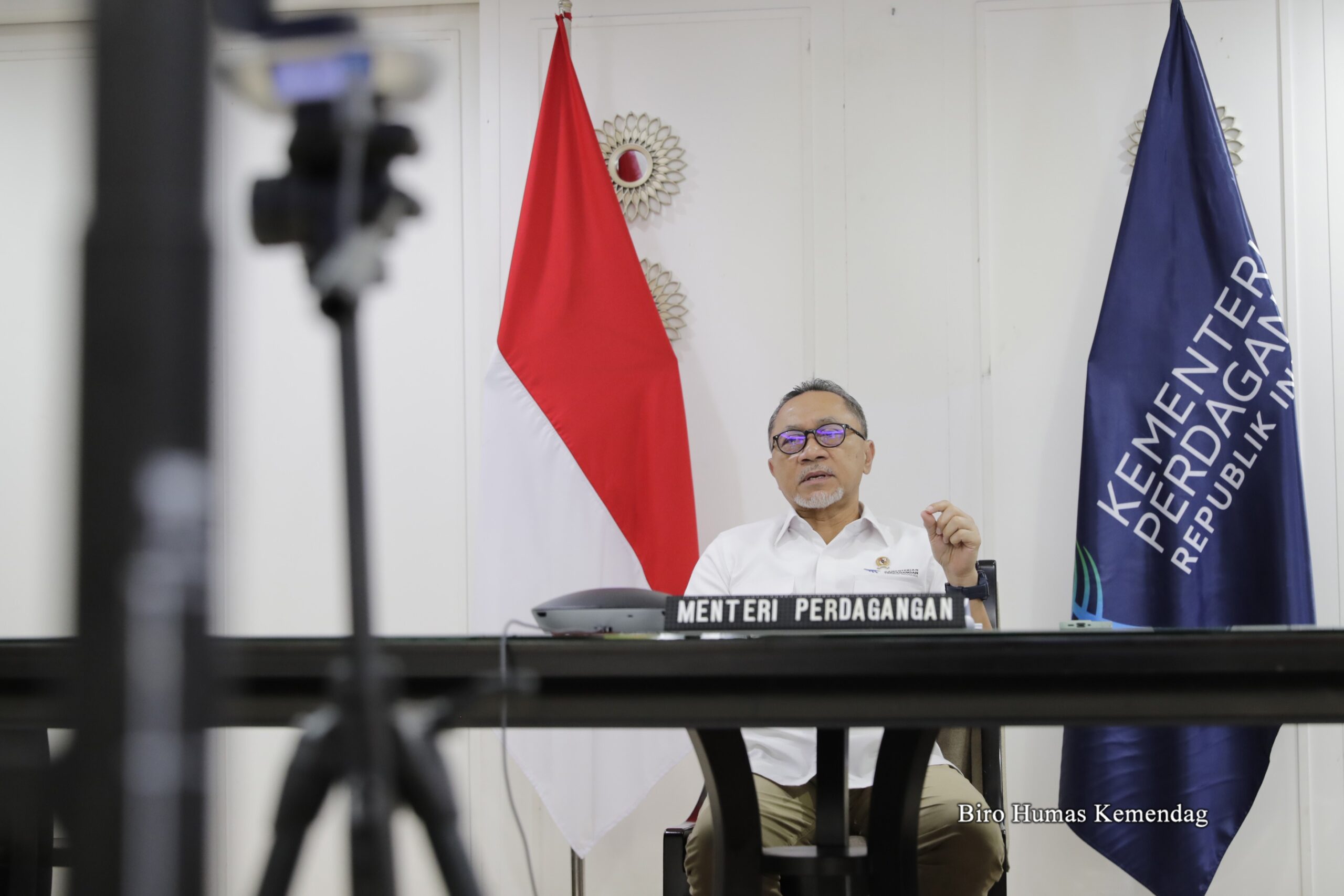
Implementation of IK-CEPA (Indonesia-Korea Comprehensive Economic Partnership Agreement), which began on January 1, 2023, is expected to provide business actors with comprehensive coverage of the IK-CEPA.
Jakarta (Indonesia Window) – Implementation of IK-CEPA (Indonesia-Korea Comprehensive Economic Partnership Agreement) officially began on 1 January 2023, an Indonesian minister said.
With the implementation of IK-CEPA, business actors can take advantage of the comprehensive coverage of the agreement, Indonesia’s Minister of Trade (Mendag) Zulkifli Hasan in his official statement on Tuesday.
“For example, there are the elimination of tariffs on import duties on trade in goods, increasing opportunities for trade in services, increasing investment opportunities, as well as increasing economic cooperation programs and developing human resources,” the minister said.
The implementation of IK-CEPA also marks the 50th anniversary of diplomatic relations between the two countries, which reflects the close special strategic partnership relationship the two countries have built since 2017.
The IK-CEPA is also the right momentum for the two countries to strengthen economic relations, in particular, trade and investment.
The minister of trade is optimistic that the implementation of the IK-CEPA would make the trade between Indonesia and South Korea more widely open, and the scope of the agreement would provide various benefits for Indonesia.
First, the IK-CEPA will further open access for exports of Indonesian goods to South Korea. Through the IK-CEPA, South Korea provides convenience in terms of import duty rates in the form of eliminating 11,267 tariff items or 95.5 percent of the total tariff headings to 0 percent.
Market access for several Indonesian products will be more open, including bicycles, motorbikes, motor vehicle accessories, processed fish products, salak (snakefruit), and textile products including socks.
Second, the IK-CEPA will further open trade in Indonesian services to South Korea. Through this agreement, the two countries opened more than 100 service sub-sectors with foreign investment ranging from 49 percent to 100 percent.
In addition, the IK-CEPA will facilitate the movement of intra-corporate transferees, business visitors and independent professionals.
Third, the agreement gives opportunities to increase long-term investment, and will encourage South Korean investment to enter Indonesia.
South Korea has so far shown its seriousness to invest in Indonesia, particularly in the automotive, metal, chemical and renewable energy sectors.
Fourth, the IK-CEPA gives more opportunities for economic cooperation and development of human resources. The agreement provides Indonesia with economic cooperation programs that bring the capacity of the country’s human resources to become more skilled in line with industry needs.
Several opportunities are offered in the IK-CEPA economic cooperation, namely those in the sectors of industry, agriculture, fisheries, and forestry; the facilitative trading rules and procedures; as well as the movement of individuals; and other areas of cooperation.
“All of these benefits mutually support one another and this is where the essence of the IK-CEPA is. It’s not only about the export of goods and services, but also how this agreement can boost economic competitiveness and improve the quality of Indonesian human resources,” the minister noted.
The IK-CEPA was signed by Indonesia and South Korea on Dec. 18, 2020 in Seoul, South Korea. The bilateral agreement was launched for the first time in 2012 and lasted for seven rounds before being terminated in 2014. In 2019 the negotiation was reactivated and finally the two countries agreed.
In the January-October 2022 period, the total trade value between Indonesia and South Korea was recorded at 20.6 billion U.S. dollars, up 40.36 percent from the same period in the previous year, which was valued at 14.6 billion U.S. dollars.
In this period, Indonesia’s exports to South Korea were booked at 10.6 billion dollars while imports from South Korea were recorded at 9.9 billion dollars, giving Indonesia a surplus of 712.3 million dollars.
In 2021, the two countries posted the total trade value at 18.41 billion dollars. During this period, Indonesia’s exports to South Korea reached 8.98 billion dollars, while Indonesia’s imports from South Korea were recorded at 9.43 billion dollars.
Reporting by Indonesia Window


